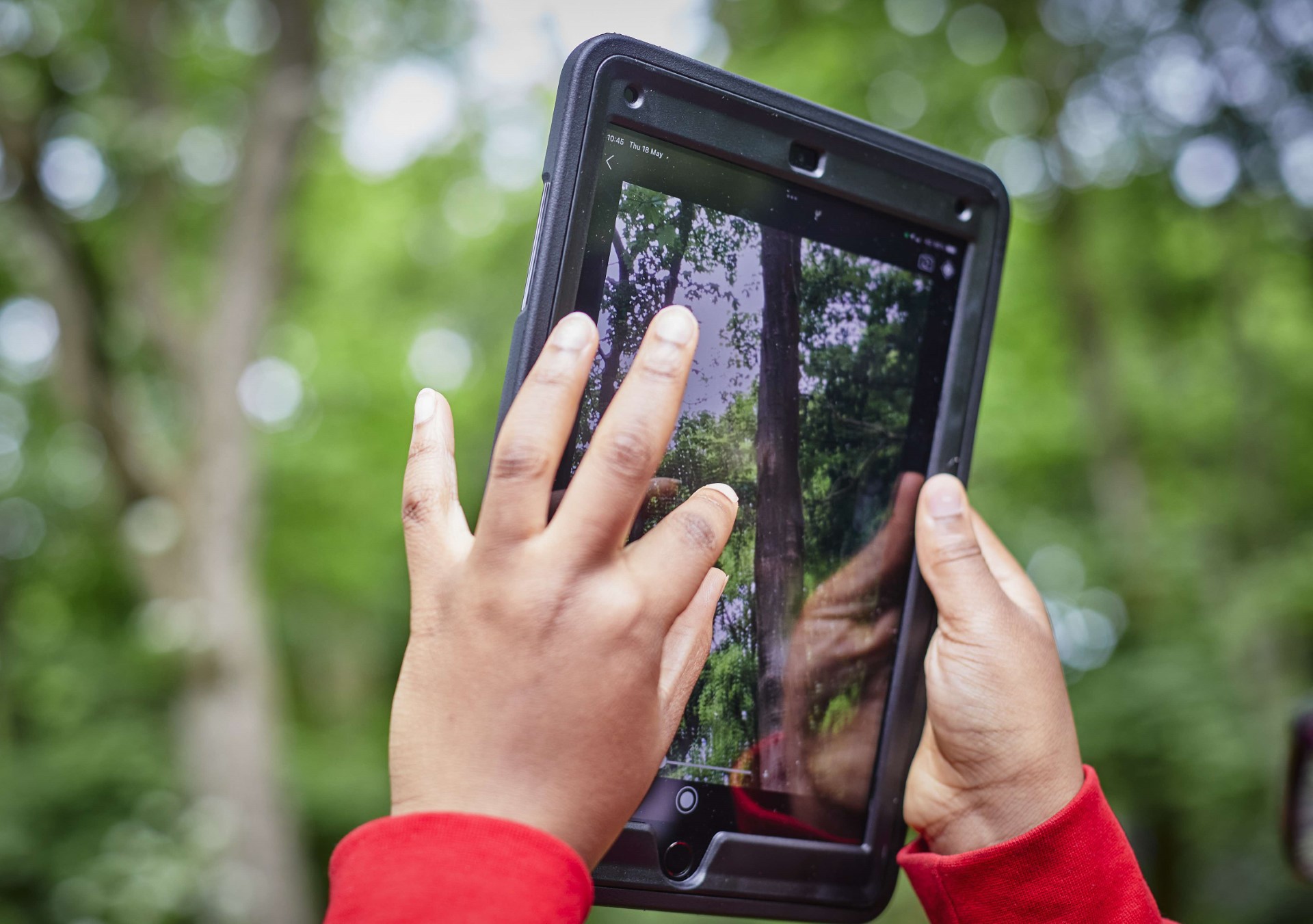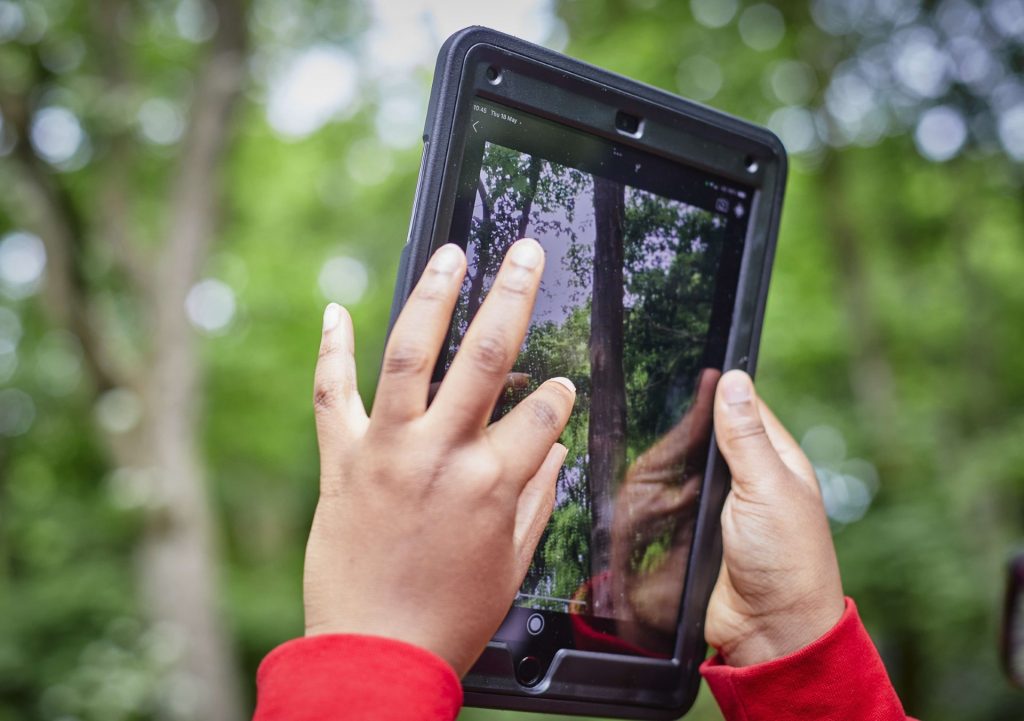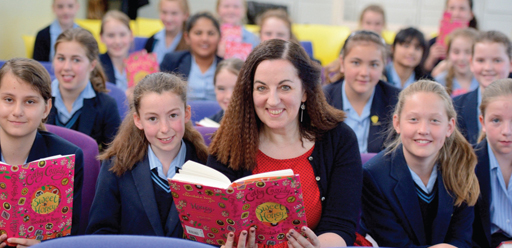Children test mapping apps for Department for Education’s climate project

Children from pilot schools tested innovative activities for the National Education Nature Park last week, at an event at RHS Garden Bridgewater, Manchester.
Esri UK created mobile apps that enabled children to map their emotions along with what they saw, heard and smelt across the gardens and start learning some of the skills needed to study biodiversity.
Findings were explored on an interactive dashboard, helping children to understand how different environments cause different reactions.
The National Education Nature Park is a pioneering Department for Education initiative launching later this year, created to teach children about climate change and improve biodiversity across the country.
Run by a partnership led by the Natural History Museum (NHM), working with the Royal Horticultural Society (RHS) and geospatial partner Esri UK, the park will enable young people to lead the way in mapping, monitoring and enhancing biodiversity at their places of education, equipping them new skills and improving wellbeing.
The activity day was visited by representatives from the DfE and chair of Trustees of the NHM, Sir Patrick Vallance and Clare Matterson CBE, director general of the RHS. Baroness Barran MBE, Parliamentary Under Secretary of State at the DfE, attended as the DfE announced £15m in funding for education settings in the most deprived and nature depleted areas to engage with the programme.
Children who took part were from schools in pilot regions of the Northwest and West Midlands, currently helping to shape the National Education Nature Park scheme.
Esri UK created mapping apps for the event. Another app introduced children to species identification and the skills needed for tending to different plants and wildlife.
The software also allowed them to explore the results on an interactive dashboard to understand how different environments cause different reactions and encourage problem solving. Designed to introduce young children to the concepts of mapping and citizen science, the test apps will help develop final versions for the Nature Park.

Katie Hall, schools manager at Esri UK, said: “Digital mapping enabled the children to record and share information and start learning some of the skills needed to study biodiversity at their own learning sites.
“This type of activity helps young people begin to understand our emotional connection with the natural world and how improvements to it have a positive impact on wellbeing.
“Biodiversity mapping will help children develop a wide range of skills, including numeracy, spatial awareness, data visualisation and analysis, which encourages analytical thinking. All of these skills help prepare them for future careers and to better protect the world around us.”
Doug Gurr, director of the Natural History Museum, said: “We are absolutely thrilled to be working with the Department for Education and our partners to make the National Education Nature Park and Climate Action Awards start to become a reality.
“In the face of the planetary emergency and Museum research showing that the UK is one of the most nature-depleted countries in the world, having our scientists sharing their world-leading biodiversity expertise with the scientists of tomorrow gives me so much hope, both for the future of biodiversity in this country and for the futures of the young people taking part.”
Clare Matterson CBE, director general of the Royal Horticultural Society, said: “From creating pollinator-friendly habitats, digging ponds, identifying wildlife or planning planting schemes, nurseries, schools and colleges will be able to play a driving role in mapping, monitoring and enhancing biodiversity on their doorstep.
“Children and young people will have a chance to create and grow a garden that works for wildlife, to learn new skills and understand impacts of climate change – all of which offers a gateway to a lifelong interest in nature, biodiversity and sustainability.”
All education settings in England will be able to sign up to become part of the National Education Nature Park and work towards the Climate Action Awards via a new online platform, set to launch in the Autumn term. They will also be able to access the free resources and track biodiversity gains in their areas.
All those interested in taking part can receive the latest updates by signing up to the NHM mailing list here.






